
Plantar Warts Treatment
Learn about the causes of plantar warts and removal treatment options in Singapore.
Plantar Warts Treatment
Learn about the causes of plantar warts and removal treatment options in Singapore.
What are Plantar Warts (Verruca Plantaris)?




What are Plantar Warts (Verruca Plantaris)?
Plantar warts are a common and often painful foot condition caused by a viral infection. These warts can significantly impact your daily activities and overall foot health. At UFIT Podiatry in Singapore, we specialise in advanced plantar wart removal and treatment options, including Faulkner's needling technique and excision procedures, to effectively manage and eliminate plantar warts.
Plantar warts are growths that appear on the soles of the feet, caused by the human papillomavirus (HPV). Unlike common warts found elsewhere, plantar warts grow inwards due to the pressure of walking and standing, forming a hard, thickened lesion that can be quite painful, particularly on weight-bearing areas like the heels or balls of the feet. This virus spreads through direct contact, often entering the skin through minor breaks or areas softened by moisture, making public changing rooms or swimming pools common sites for infection.
If left untreated, plantar warts can multiply and spread, making them more difficult to manage and treat.
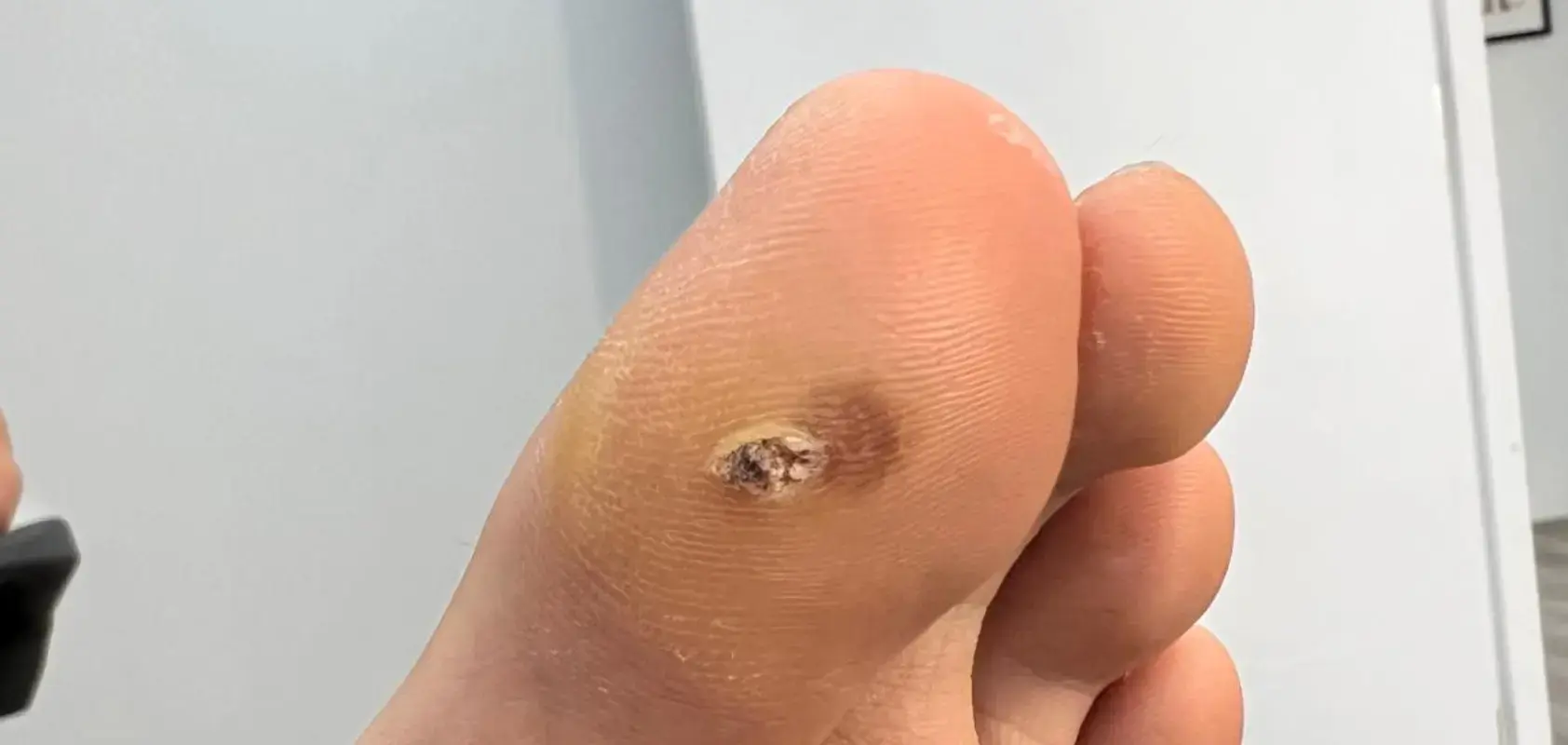
Causes of Plantar Warts
Symptoms of Plantar Warts
Common symptoms of plantar warts include:
Cauliflower-like Skin
Plantar warts often appear with a rough, granular surface that resembles a tiny cauliflower. This distinct texture is a key indicator that differentiates them from ordinary calluses, which can prompt individuals to seek plantar wart treatment.
Protruding Bump
While often flattened by pressure, a plantar wart can sometimes present as a slightly raised, flesh-coloured or brownish bump on the sole of the foot. You might notice this more if it's not in a primary weight-bearing area.
Black Pinpoints
A common distinguishing feature of plantar warts is the presence of tiny black dots, which are actually clotted blood vessels. These "seeds" can be a helpful sign to seek treatment for plantar warts.
Pain When Walking or Standing
Due to their location on weight-bearing areas of the foot, plantar warts can cause significant pain or tenderness, especially when walking or standing. This discomfort often leads individuals to seek professional help for plantar wart removal.
Thickened Skin Around the Wart
The pressure exerted on the wart during daily activities often causes the surrounding skin to thicken and harden. This callus-like layer can sometimes obscure the wart.
If left untreated, plantar warts can multiply and spread, making them more difficult to manage and treat. If you suspect you might have a plantar wart, book a consultation at our podiatry clinic in Singapore to get an assessment and explore removal and treatment options.
Symptoms of Plantar Warts
Common symptoms of plantar warts include:
Cauliflower-like Skin
Plantar warts often appear with a rough, granular surface that resembles a tiny cauliflower. This distinct texture is a key indicator that differentiates them from ordinary calluses, which can prompt individuals to seek plantar wart treatment.
Protruding Bump
While often flattened by pressure, a plantar wart can sometimes present as a slightly raised, flesh-coloured or brownish bump on the sole of the foot. You might notice this more if it's not in a primary weight-bearing area.
Black Pinpoints
A common distinguishing feature of plantar warts is the presence of tiny black dots, which are actually clotted blood vessels. These "seeds" can be a helpful sign to seek treatment for plantar warts.
Pain When Walking or Standing
Due to their location on weight-bearing areas of the foot, plantar warts can cause significant pain or tenderness, especially when walking or standing. This discomfort often leads individuals to seek professional help for plantar wart removal.
Thickened Skin Around the Wart
The pressure exerted on the wart during daily activities often causes the surrounding skin to thicken and harden. This callus-like layer can sometimes obscure the wart.
If left untreated, plantar warts can multiply and spread, making them more difficult to manage and treat. If you suspect you might have a plantar wart, book a consultation at our podiatry clinic in Singapore to get an assessment and explore removal and treatment options.
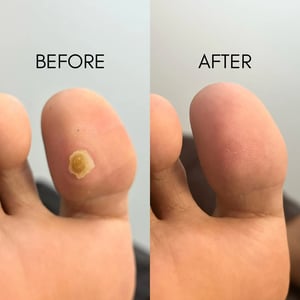

Causes of Plantar Warts
Plantar warts are caused by direct contact with the HPV virus, which thrives in warm, moist environments. Several factors increase the risk of developing plantar warts:
Walking barefoot, especially in communal areas like swimming pools, locker rooms, and showers, exposes your feet directly to the HPV virus. These environments are often warm and moist, creating ideal conditions for the virus to survive and spread.
Even small cuts, abrasions, or cracks on the feet can provide an easy entry point for the HPV virus. When the skin's protective barrier is compromised, the virus can readily invade and infect skin cells, leading to the formation of a wart.
Individuals with compromised or immature immune systems are more susceptible to viral infections, including HPV. A weaker immune response makes it harder for the body to fight off the virus once exposed, increasing the likelihood of developing plantar warts.
Not keeping feet consistently clean and dry can create a favourable environment for the HPV virus. Excess moisture can soften the skin, making it more vulnerable to viral penetration, while poor hygiene can lead to minor skin irritations that serve as entry points for the virus.
Walking Barefoot
Walking barefoot, especially in communal areas like swimming pools, locker rooms, and showers, exposes your feet directly to the HPV virus. These environments are often warm and moist, creating ideal conditions for the virus to survive and spread.
Minor Skin Injuries
Even small cuts, abrasions, or cracks on the feet can provide an easy entry point for the HPV virus. When the skin's protective barrier is compromised, the virus can readily invade and infect skin cells, leading to the formation of a wart.
Weakened Immune System
Individuals with compromised or immature immune systems are more susceptible to viral infections, including HPV. A weaker immune response makes it harder for the body to fight off the virus once exposed, increasing the likelihood of developing plantar warts.
Poor Foot Hygiene
Not keeping feet consistently clean and dry can create a favourable environment for the HPV virus. Excess moisture can soften the skin, making it more vulnerable to viral penetration, while poor hygiene can lead to minor skin irritations that serve as entry points for the virus.
Our Approach to Plantar Warts Removal Treatment
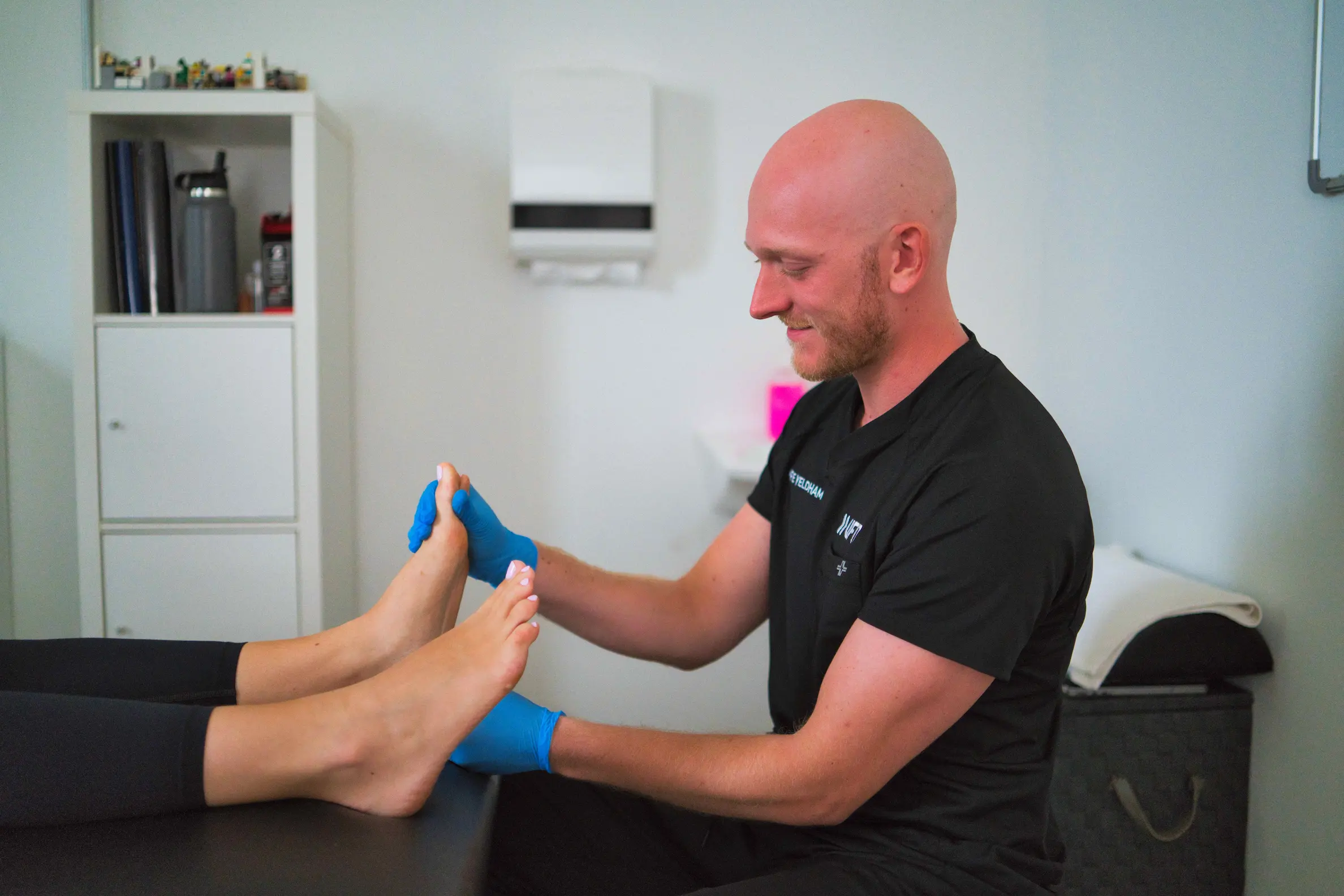
1. Thorough Assessment
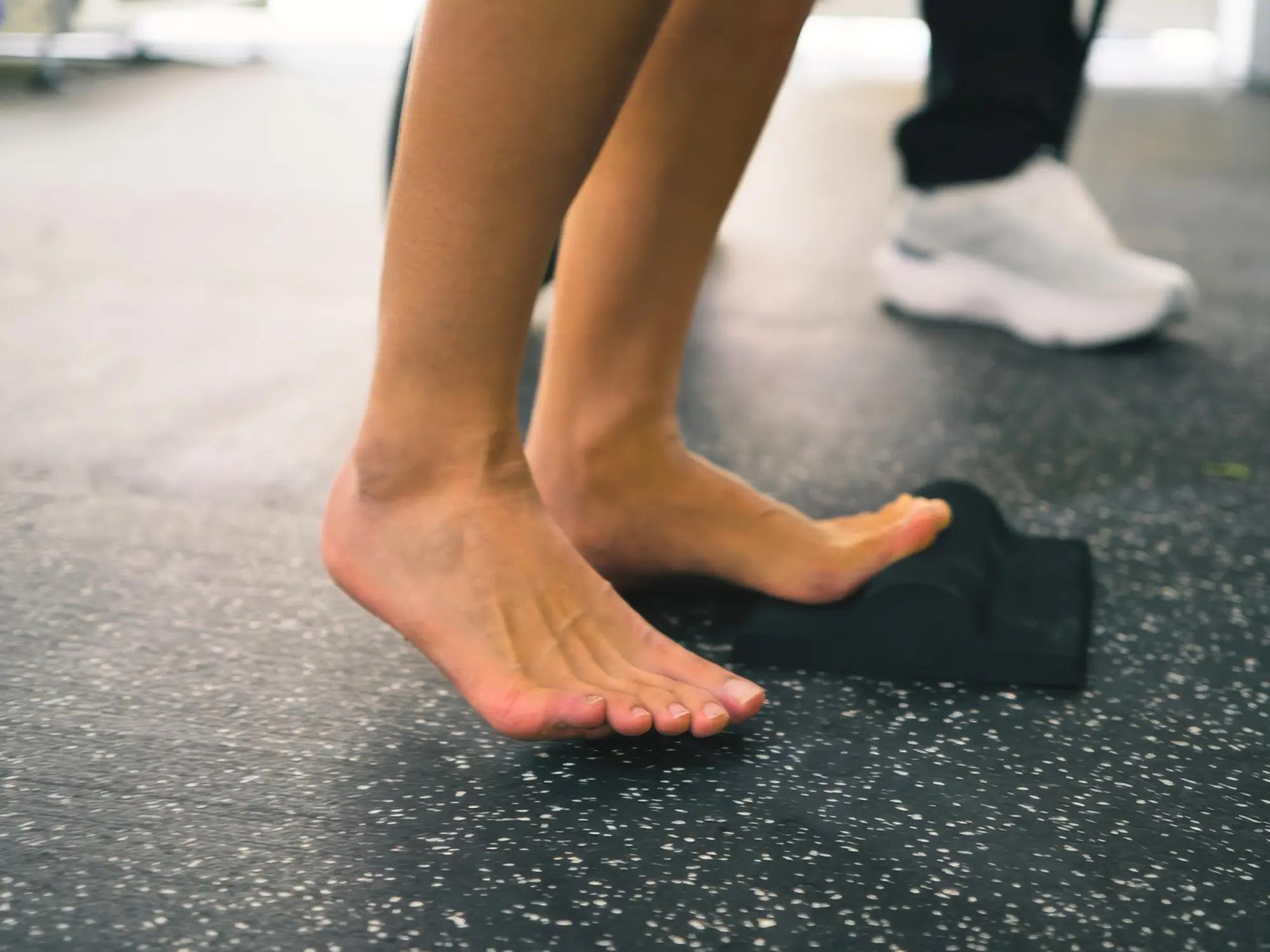
2. Customised Management Plans
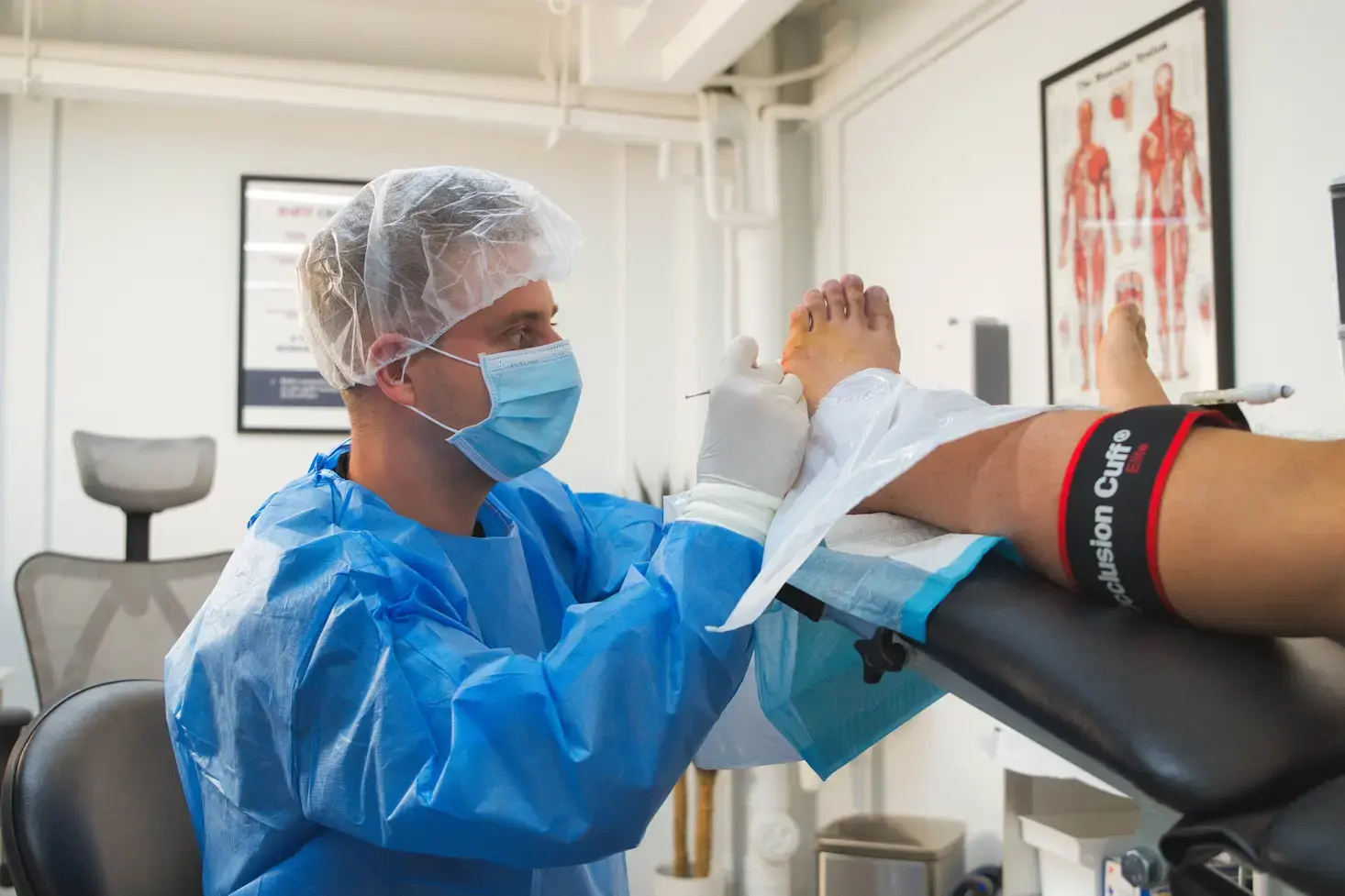
3. Wart Needling (Faulkner's Needling Technique)
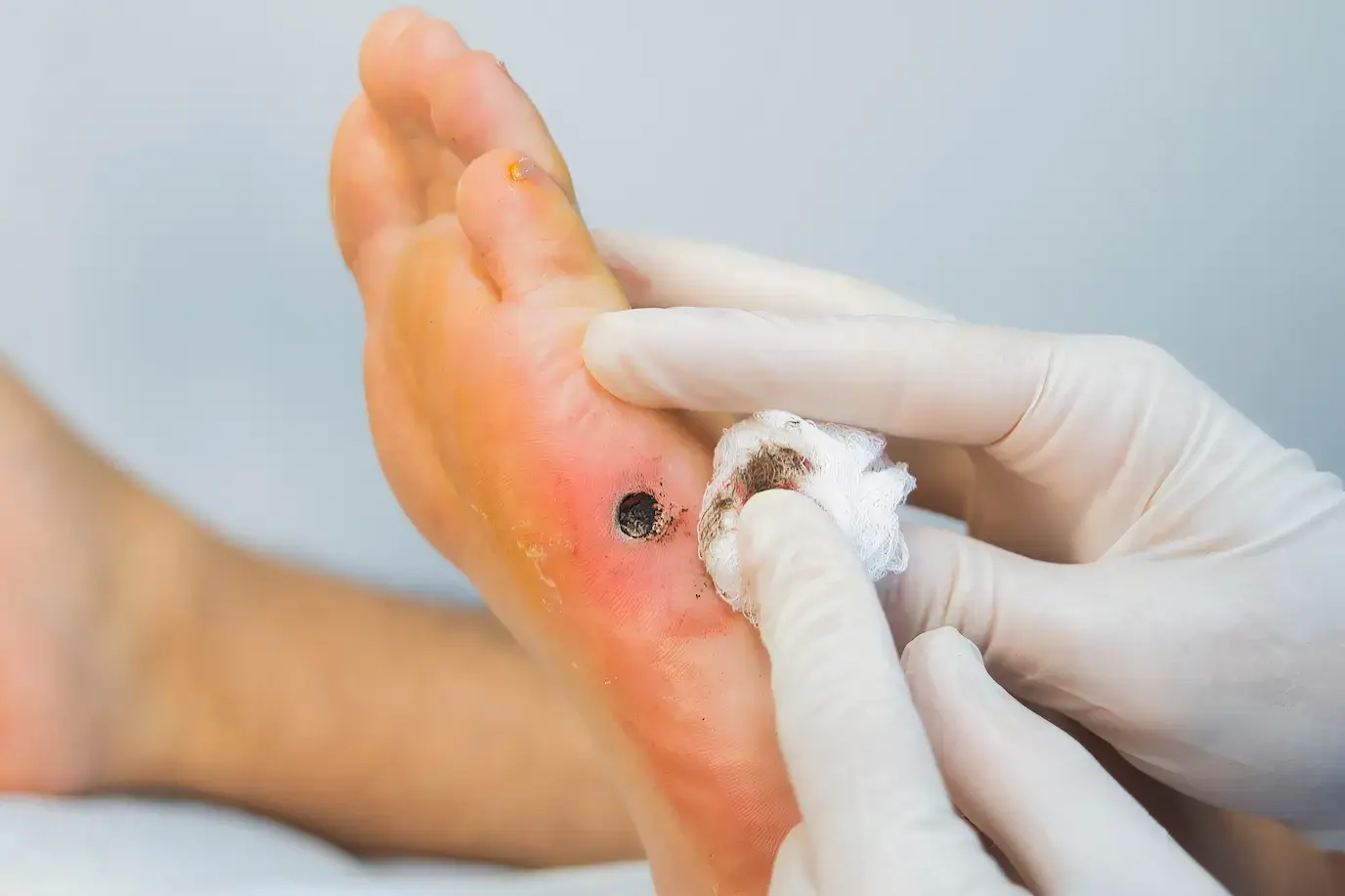
4. Excision Procedures
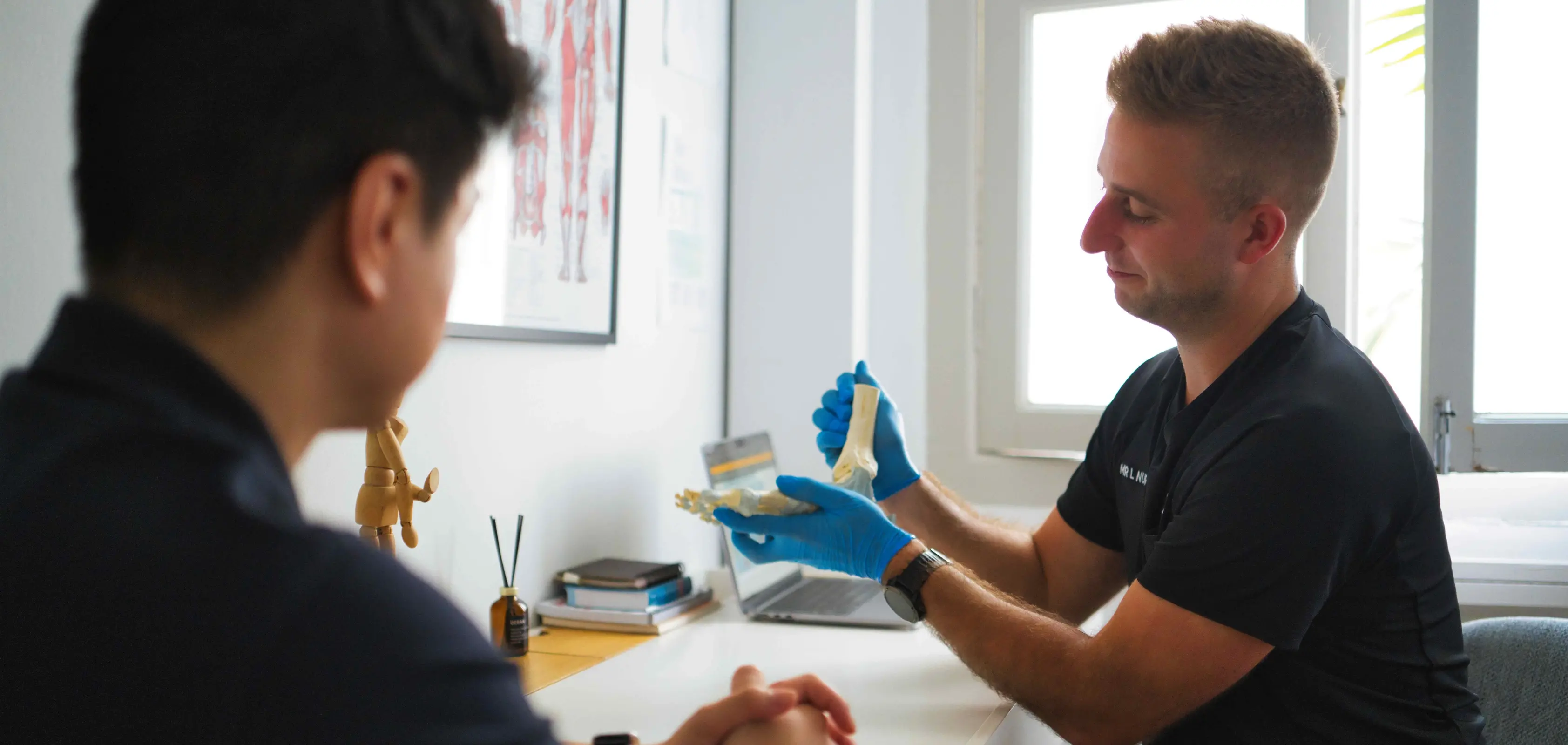
5. Preventative Advice
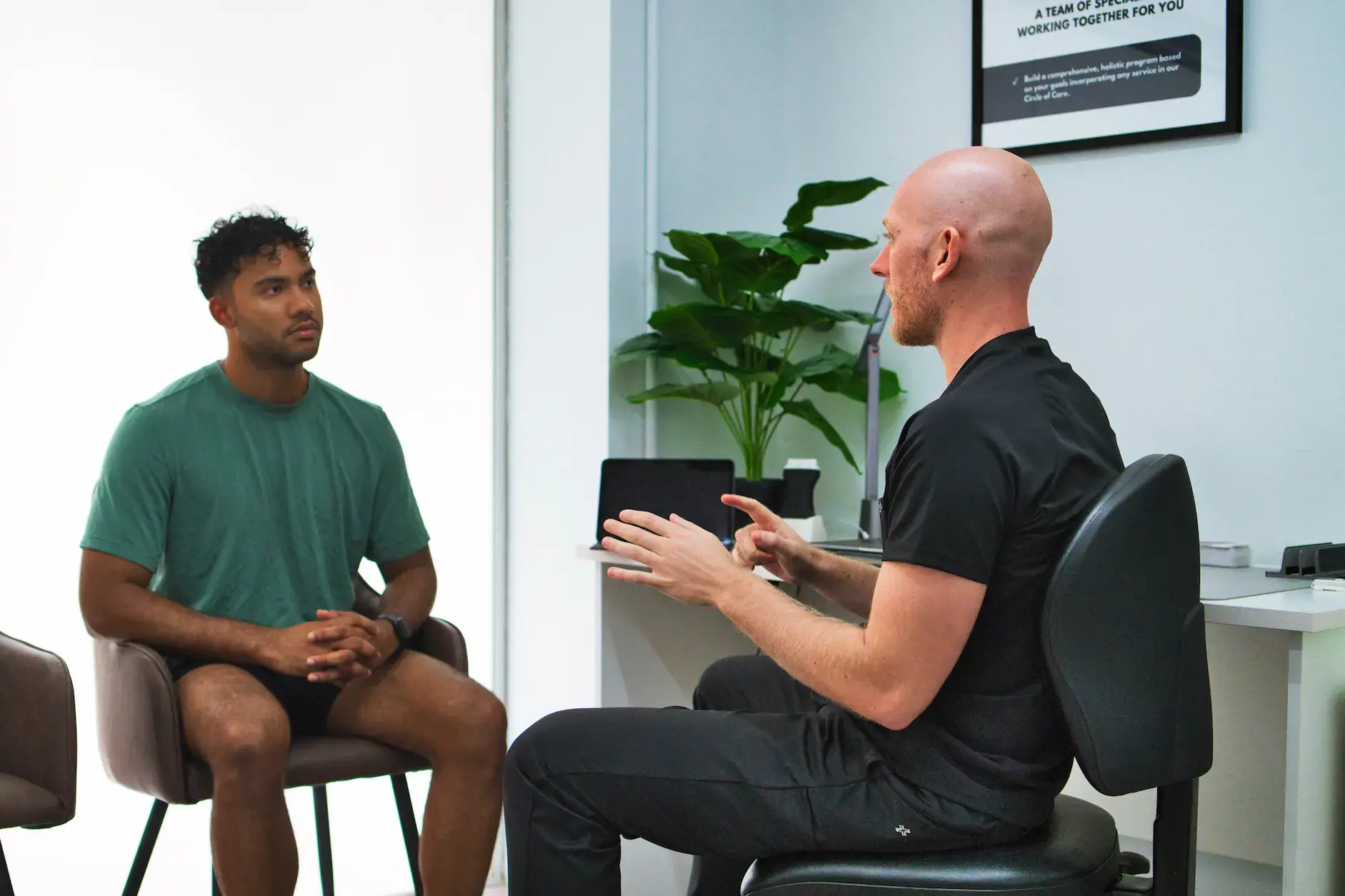
6. Follow-Up Care
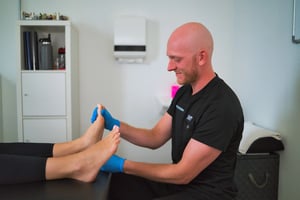
Assessment
We perform a detailed examination to diagnose the extent of the wart infection and identify the best management approach.
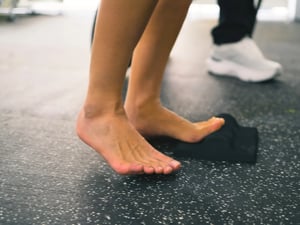
Based on the assessment, we develop a management plan tailored to your specific needs, combining various therapies for optimal results.

Our podiatrists specialize in Faulkner's needling technique, performed under local anesthesia. This procedure stimulates the immune system to recognize and fight the HPV virus, leading to the destruction of the wart.
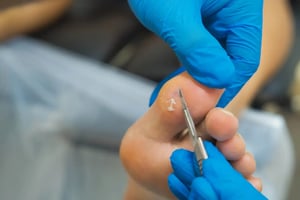
In cases where other treatments are ineffective, we offer excision procedures to surgically remove the wart, providing immediate relief.
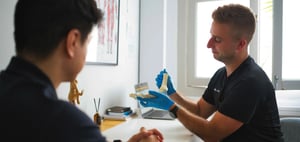
We provide guidance on proper foot hygiene and care to prevent the recurrence of plantar warts.
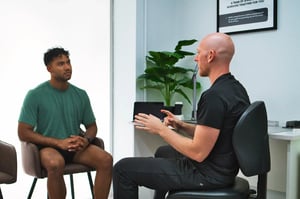
Regular follow-up appointments to monitor progress and ensure the complete eradication of warts, preventing future outbreaks.
Management of Plantar Warts at UFIT Podiatry
At UFIT Podiatry, we offer a comprehensive approach to managing plantar warts, utilizing advanced techniques to ensure effective and lasting results:

Assessment
We perform a detailed examination to diagnose the extent of the wart infection and identify the best management approach.

Based on the assessment, we develop a management plan tailored to your specific needs, combining various therapies for optimal results.

Our podiatrists specialize in Faulkner's needling technique, performed under local anesthesia. This procedure stimulates the immune system to recognize and fight the HPV virus, leading to the destruction of the wart.

In cases where other treatments are ineffective, we offer excision procedures to surgically remove the wart, providing immediate relief.

We provide guidance on proper foot hygiene and care to prevent the recurrence of plantar warts.

Regular follow-up appointments to monitor progress and ensure the complete eradication of warts, preventing future outbreaks.
By addressing both the symptoms and underlying causes of plantar warts, UFIT Podiatry helps you achieve lasting relief and improved foot health. Trust our expertise to provide the advanced care you need to stay active and pain-free.
ALL INDIVIDUALS
ALL INDIVIDUALS
We offer personalized, evidence-based lower limb care for athletes, active individuals, and parents seeking specialized treatment for their children.
We go beyond addressing your injury or pain. Through our Circle of Care, you can access our team of experts with a vast range of specialised experience and knowledge.
What to expect on your first visit
We use cutting-edge diagnostic tools to get real-time insights into your soft tissue, joints and structures to provide a fast and accurate diagnosis.
Post-assessment, you will receive clear and comprehensive reports detailing our findings. This will allow you to make informed decisions on your treatment plan.
Together with you, we formulate a comprehensive and personalised treatment plan that suit your goals and preferences.

Book online & get $20 off your first consultation
- Personalised, evidence-based care
- Premium, central clinic in the CBD
- Experienced podiatary team
*Terms & Conditions:
- Valid for first time patients who have made prepayment at least 24 hours before the appointment
- Non-cancellable and non-transferable
- Applicable only for initial consultation & can't be used in conjuction with any other offers or promos
Why Choose UFIT’s Podiatry Services?

Advanced Technology
As a leading podiatry clinic in Singapore, we stand out by offering advanced gait analysis and in-house 3D-printed insoles, all accompanied by a comprehensive report to provide unparalleled insights into your lower limb biomechanics.

Elite Care for Every Individual
Our podiatry services offer personalised, evidence-based care for a wide range of individuals, including athletes, adults and children. So if you’re experiencing lower limb pain, our expert team can provide comprehensive support to get you back to doing the things you love.

Team of Experts with Optimal Results
We offer more than just solutions for your injury or pain. Through UFIT's integrated Circle of Care, you gain access to our team of expert podiatrists and other healthcare professionals, bringing together a vast range of experience and knowledge to achieve optimal outcomes for your foot and lower limb health.
Tips to Manage and Prevent Plantar Warts
Adopt these practical habits to greatly reduce your risk of developing plantar warts.
Avoid Walking Barefoot Outdoor
Wear Protective Footwear
Strengthen Your Immune System
Practice Foot Hygiene
Avoid Picking or Scratching Warts
Seek Professional Treatment for Persistent Warts
Avoid Walking Barefoot Outdoor
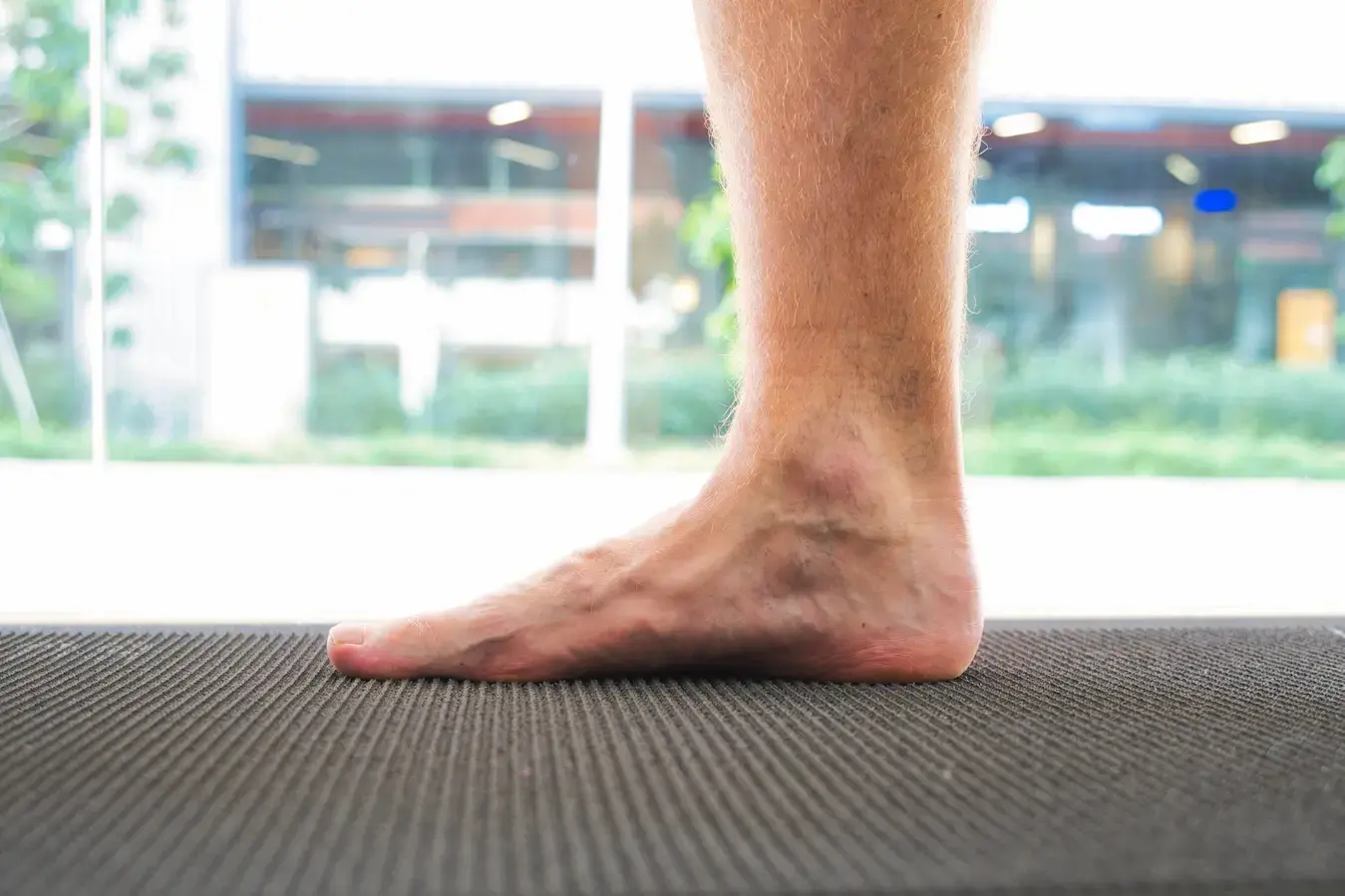


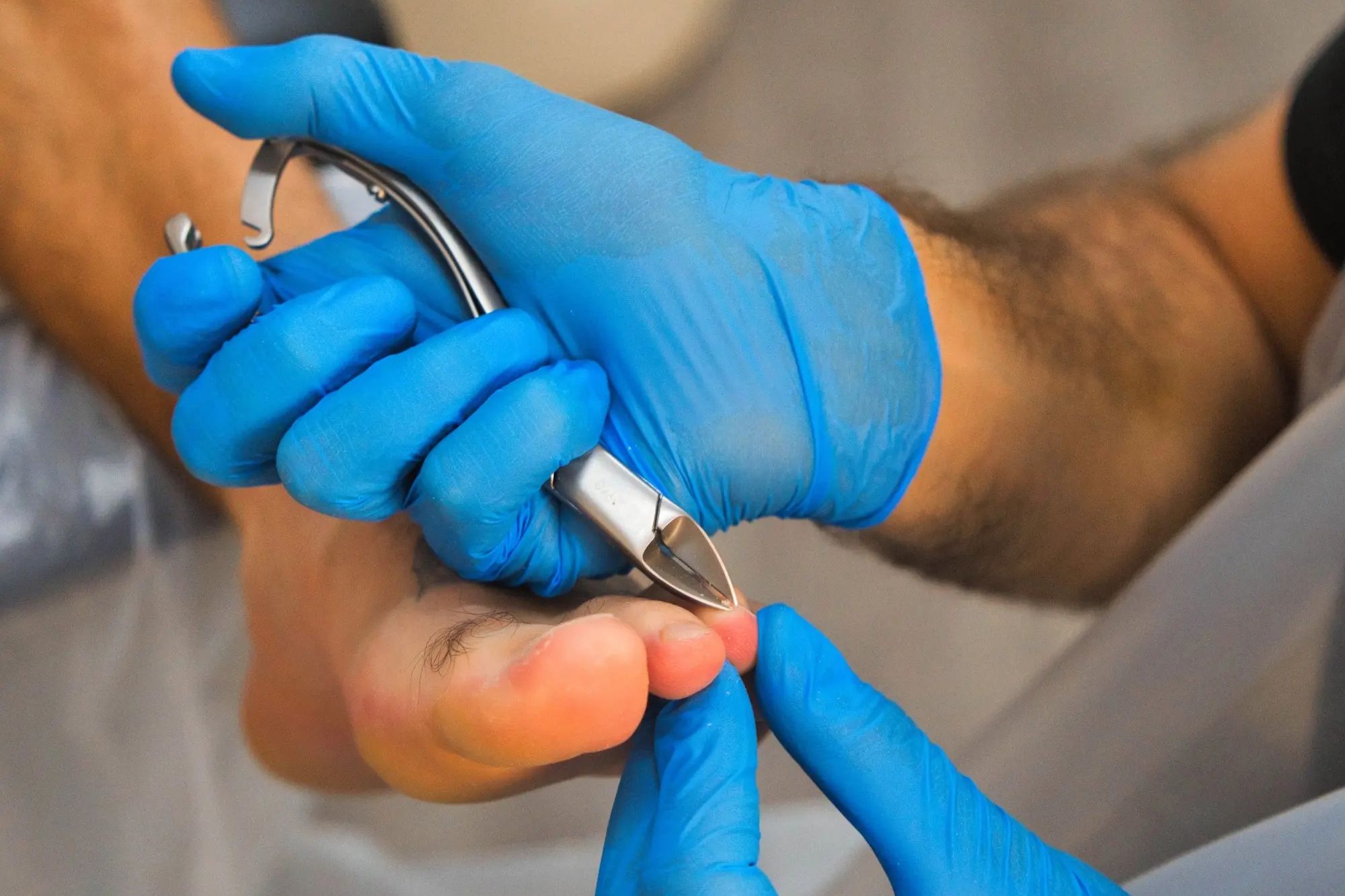

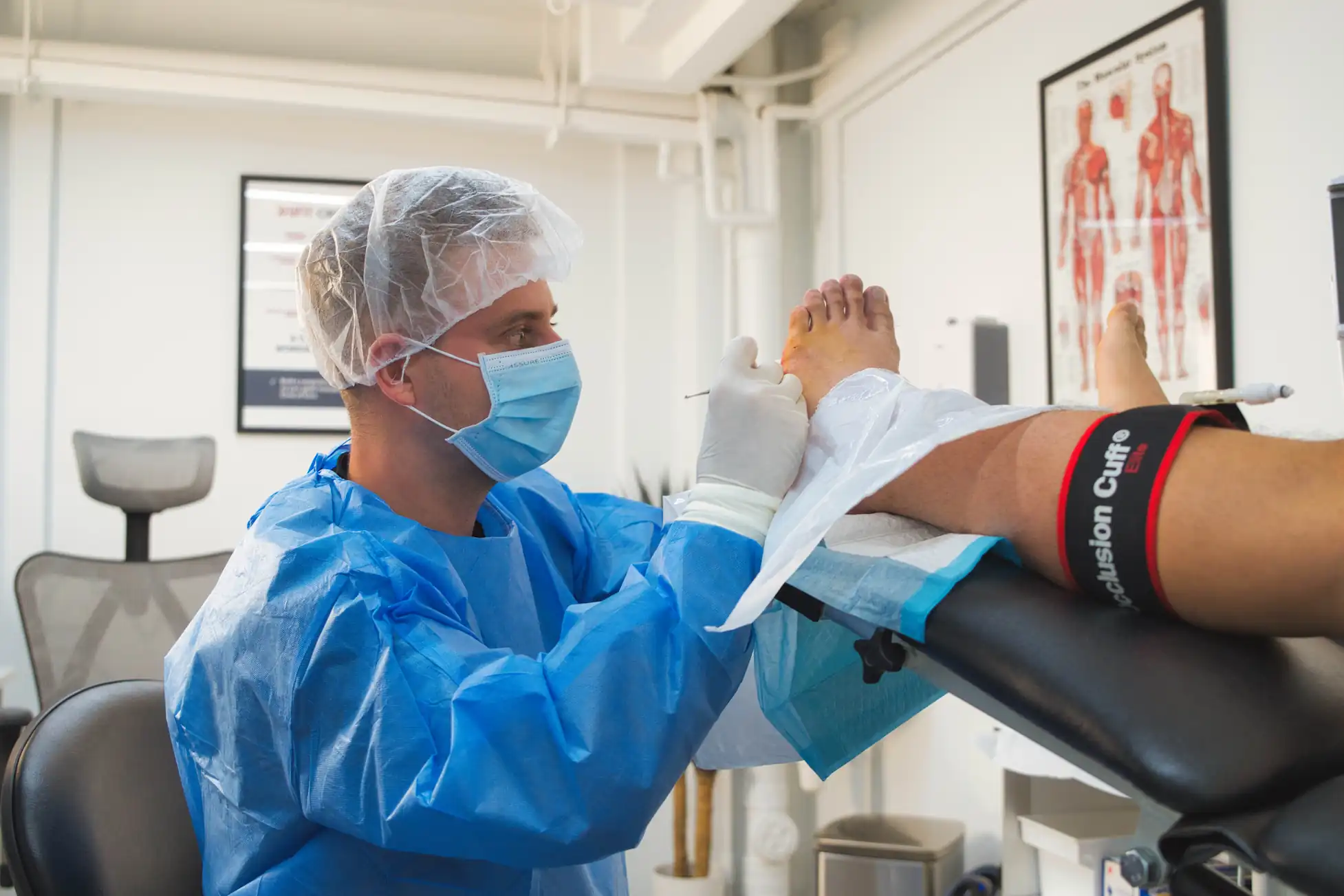
Hear from our Clients
⭐⭐⭐⭐⭐
“I recently had an appointment with podiatrist Lewis Nurney at UFIT, and it was a wonderful experience. I’ve been dealing with a long-standing issue, but with Lewis’s expertise, kindness, and patience in listening to my concerns, I’ve finally been able to solve the problem and feel so much better.
The clinic is modern with high-tech equipment, and Lewis explained everything clearly, making me feel confident in the treatment plan. Now I’m feeling ready and prepared for the 10K Standard Chartered Marathon! If you’re looking for expert podiatry care, I highly recommend Lewis and the team at UFIT!”
⭐⭐⭐⭐⭐
⭐⭐⭐⭐⭐
“I had the pleasure of visiting Dr. Lewis through a recommendation and it turned out to be an excellent one, particularly after experiencing so many already. The thoroughness of his examination and help at each step of the process is beyond impressive. He took the time to listen to all my concerns and thoroughly explained my diagnosis and treatment options.
He made sure that I was well-informed and comfortable with the decisions being made without any pushing. I would highly recommend him for anyone in need of a skilled and caring podiatrist.”
Avoid Walking Barefoot Outdoor
Avoid walking barefoot in communal areas like public swimming pools, locker rooms, and shared showers. These warm, moist environments are common breeding grounds for the HPV virus that causes plantar warts.
Wear Protective Footwear
Always wear sandals or flip-flops in public changing rooms, gyms, and around swimming areas to create a protective barrier between your feet and potential viral contaminants.
Strengthen Your Immune System
A robust immune system can better fight off viral infections like HPV. Maintaining a healthy lifestyle through balanced nutrition, regular exercise, and adequate sleep can help your body naturally resist plantar wart development.
Practice Foot Hygiene
Regularly wash your feet thoroughly with soap and water, paying attention to the spaces between your toes, and ensure they are completely dry afterwards. Good foot hygiene makes it harder for the virus to take hold and lessens the chance of needing plantar wart removal.
Avoid Picking Scratching Warts
Resist the urge to pick or scratch existing warts, as this can easily spread the virus to other parts of your foot or even to other people. If you suspect you have a wart, see a podiatrist to assess the growth and discuss plantar wart removal options.
Seek Professional Treatment for Persistent Warts
If you notice a new growth or an existing wart that is painful, growing, or spreading, see a podiatrist immediately. Early plantar wart treatment can prevent them from multiplying and becoming more challenging to manage.
Meet Our Podiatry Team

Lewis Nurney
Lewis is a highly experienced podiatrist with over 5 years of practice in Singapore, bringing his expertise to UFIT's comprehensive Circle of Care. As Head of Podiatry at UFIT Club Street, he specialises in sports podiatry, innovative orthotics for adults and children (including 3D-printed custom insoles, Paediatric AFOs and SMOs for pediatric flat feet), and minimally invasive procedures.
A first-class honours graduate from the University of Huddersfield (UK), Lewis holds dual certifications in Extracorporeal Shockwave Therapy (ESWT), Diagnostic Ultrasound and Running Gait analysis. Previously with East Coast Podiatry, he now provides patient-centred care at UFIT, specialising in non-surgical management of conditions like Foot Pain, Plantar Fasciitis and Achilles Tendinopathy in both children and adults, ultimately focused on alleviating discomfort and restoring optimal foot function.

Elliot Yeldham
Elliott is a dedicated podiatrist with over 7 years of healthcare experience, gained in both the UK's National Health Service (NHS) and private practice. He holds an Honours degree in Podiatry from Cardiff Metropolitan University (Wales), and brings a wealth of expertise to Singapore.
Specialising in Musculoskeletal (MSK) podiatry, Elliott's interests include sport podiatry and the management of gait abnormalities in both adults and children. He is also recognised for his skill and patient-focused approach in minimally invasive procedures for ingrown toenails and wart removal. Committed to a patient-centred and multidisciplinary model, Elliott actively stays informed of the latest healthcare advancements through clinical research and international conferences.
Book Your Plantar Wart Treatment Today
Visit Our Podiatry Clinic
21 Club St, #01-01
Singapore 069410
+65 6225 5059
podiatry@ufit.com.sg
View on Google Maps
Trusted by Global & Local Podiatry Associations



Frequently Asked Questions About Plantar Warts and Plantar Wart Treatment
Yes, plantar warts are contagious. They are caused by the human papillomavirus (HPV) and can spread through direct contact, especially in warm, moist environments like communal showers.
While plantar warts themselves are generally localised skin infections, individuals with weakened immune systems (e.g., due to illness or medication) are more susceptible to developing them. They are not typically linked to other severe health conditions.
If left untreated, plantar warts can multiply, grow larger, and become increasingly painful, especially on weight-bearing areas. They can also spread to other parts of the foot or to other people, making plantar wart treatment more challenging.
The level of discomfort for plantar wart treatment varies depending on the method and individual pain tolerance. Podiatrists aim to minimise pain, and may use local anaesthesia for manual removal.
The time taken for plantar wart removal varies based on the wart's size, depth, and the chosen treatment method. Some treatments might show improvement within weeks, while others require multiple sessions over several months.
Laser treatment can be an effective treatment option for persistent plantar warts, particularly when other methods have failed. It works by targeting the blood supply to the wart.
A plantar wart is fully removed when the skin returns to its normal texture, and the characteristic black pinpoints (clotted blood vessels) are no longer visible. There should also be no residual pain or tenderness when pressure is applied.
Yes, you can prevent plantar warts from spreading by avoiding direct contact with them, not picking or scratching them, and wearing protective footwear in communal areas.
Yes, plantar warts can unfortunately return after plantar wart treatment. This is because the HPV virus can sometimes remain dormant in the skin or you can be reinfected. To prevent this, always wear footwear in high-risk communal areas and practice good foot hygiene.
Occasionally, small plantar warts may resolve on their own over months. However, professional treatment for plantar warts is highly recommended for persistent warts.
Podiatry Blog
Check out the podiatry articles on our blog, written by our very own experts!

.png?width=301&height=187&name=Website%20Navigation%20Images%20(3).png)

-1.jpg?width=1984&height=1196&name=UFIT%20Club%20Street%20Front%20(4)-1.jpg)








